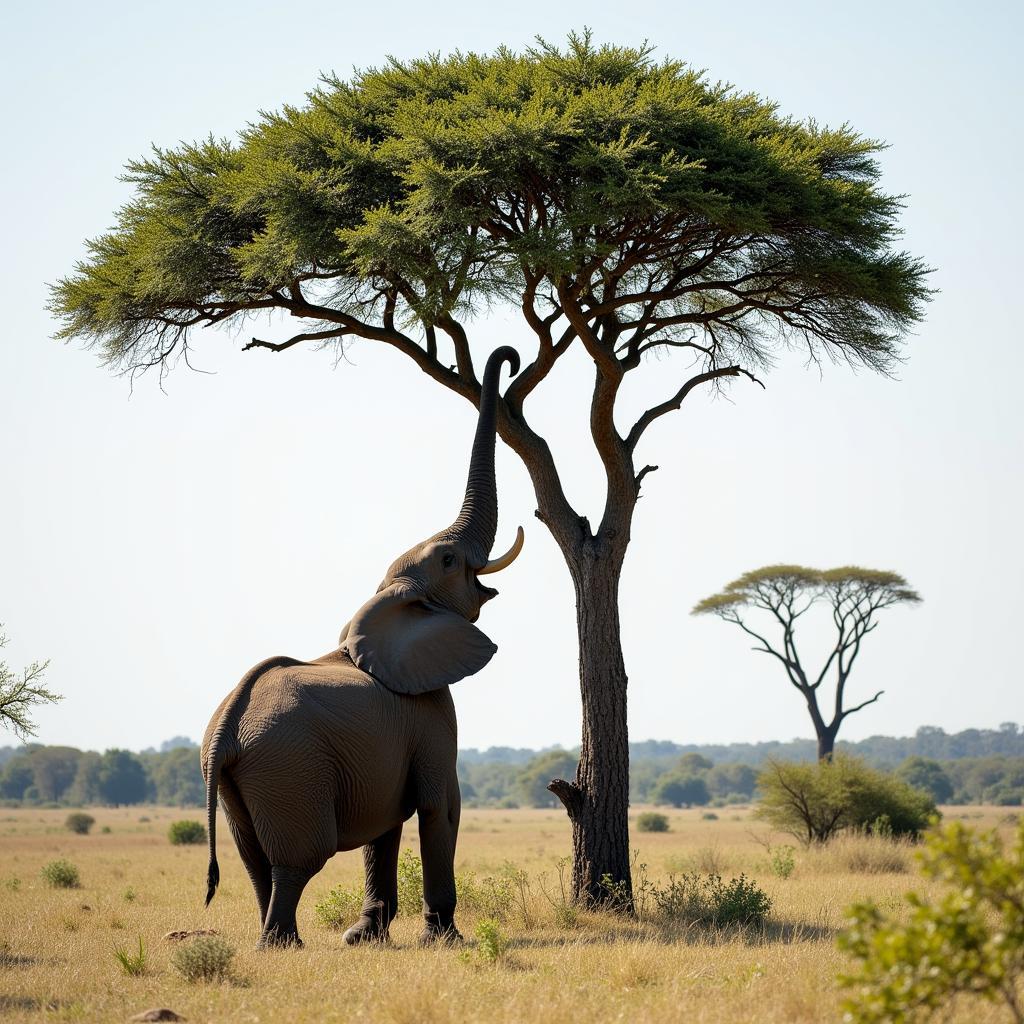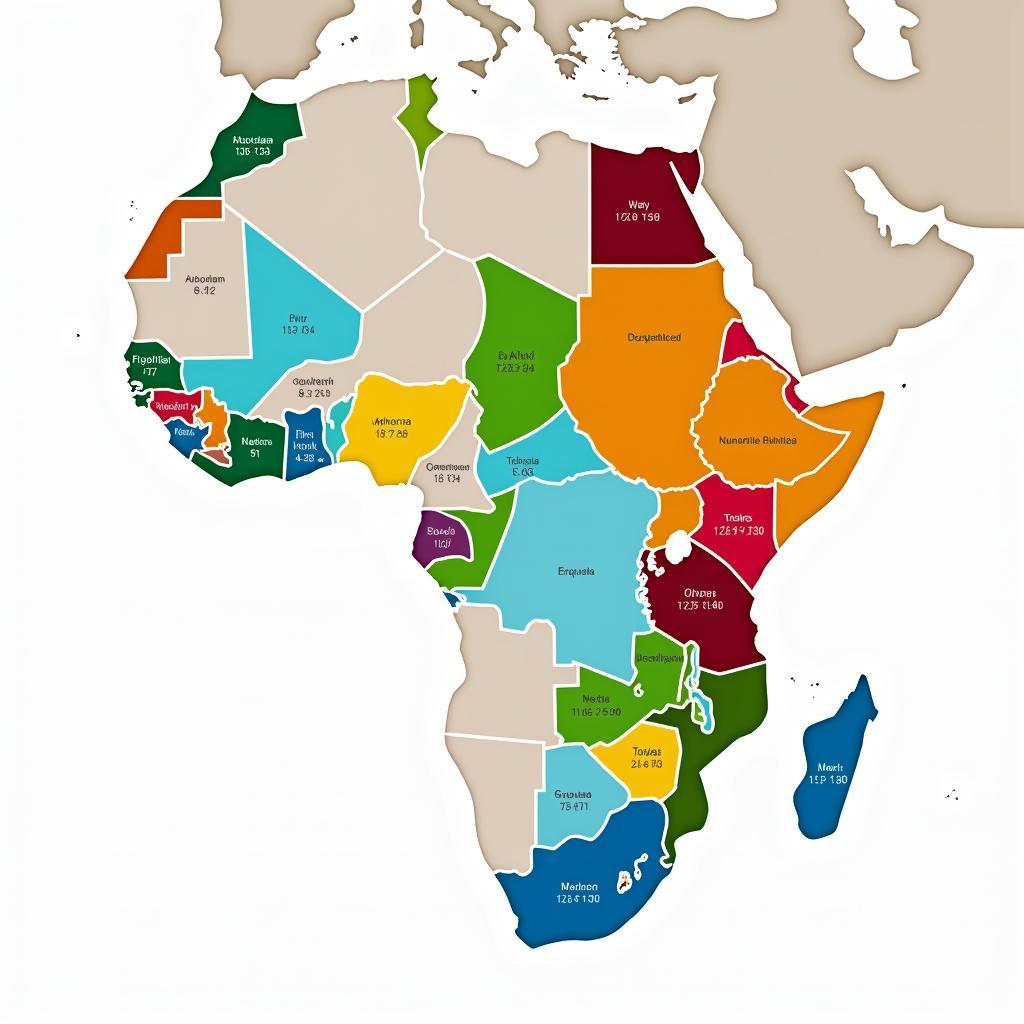Exploring the African Indian Diaspora: A Cultural Journey
The fascinating intersection of African and Indian cultures, often represented by the Malayalam term “പ ര” (meaning “other”), reveals a rich tapestry of shared history, traditions, and influences. This exploration delves into the complexities of the African Indian diaspora, examining its historical roots, cultural expressions, and contemporary presence.
A Historical Overview of the African Indian Connection
The African Indian connection spans centuries, primarily shaped by trade routes and colonial influences. Early trade between East Africa and the Indian subcontinent facilitated the exchange of goods, ideas, and people. Later, during the colonial era, indentured laborers from India were brought to various parts of Africa, particularly to East and Southern Africa, contributing significantly to the development of the region’s infrastructure and economy.
The Impact of Indentured Labor
The system of indentured labor significantly impacted the demographics and cultural landscape of several African nations. Indian communities established themselves, bringing their languages, religions, culinary traditions, and artistic expressions, which intertwined with existing African cultures. This fusion resulted in a unique hybrid culture, evident in music, food, and social customs.
Cultural Expressions of the African Indian Diaspora
The African Indian diaspora has fostered a vibrant cultural exchange, resulting in unique expressions in various artistic forms. Music, in particular, showcases this fusion, with Indian rhythms and melodies blending with African musical traditions. Similarly, culinary practices have evolved, incorporating Indian spices and cooking techniques into African dishes, creating a distinctive flavor profile.
Language and Identity
Language plays a crucial role in shaping identity within the African Indian community. While many retain their ancestral Indian languages like Gujarati, Hindi, and Tamil, others have adopted Swahili, English, or other local African languages, often creating unique dialects that reflect the cultural blend.
The Contemporary African Indian Experience
Today, the African Indian community continues to thrive in various parts of Africa. They play a significant role in the economic, political, and social spheres of their respective countries. Maintaining cultural traditions while integrating into the broader African context remains a key aspect of their identity.
Challenges and Opportunities
Despite their contributions, African Indians have faced challenges, including issues of identity, belonging, and discrimination. However, they have also embraced opportunities for growth and advancement, contributing to the rich tapestry of African societies.
Conclusion
The African Indian diaspora, a testament to the interconnectedness of cultures, presents a compelling narrative of resilience, adaptation, and cultural exchange. This vibrant community continues to shape the African landscape, contributing to its diversity and dynamism. Understanding the “African Indian പ ര” connection unveils a fascinating chapter in the ongoing story of cultural interaction and evolution.
FAQ
- What is the meaning of “പ ര”? It is a Malayalam word meaning “other.”
- How did Indian communities arrive in Africa? Primarily through trade routes and indentured labor during the colonial era.
- What are some examples of African Indian cultural fusion? Music, cuisine, and language.
- What challenges do African Indians face? Issues of identity, belonging, and sometimes discrimination.
- How do African Indians contribute to African society? They play significant roles in the economic, political, and social spheres.
- Where are the largest African Indian communities located? Primarily in East and Southern Africa.
- What is the future of the African Indian diaspora? Continued integration and contribution to the diverse tapestry of African societies.
For further assistance, please contact us at: Phone: +255768904061, Email: [email protected] or visit our office at Mbarali DC Mawindi, Kangaga, Tanzania. We have a 24/7 customer support team.


